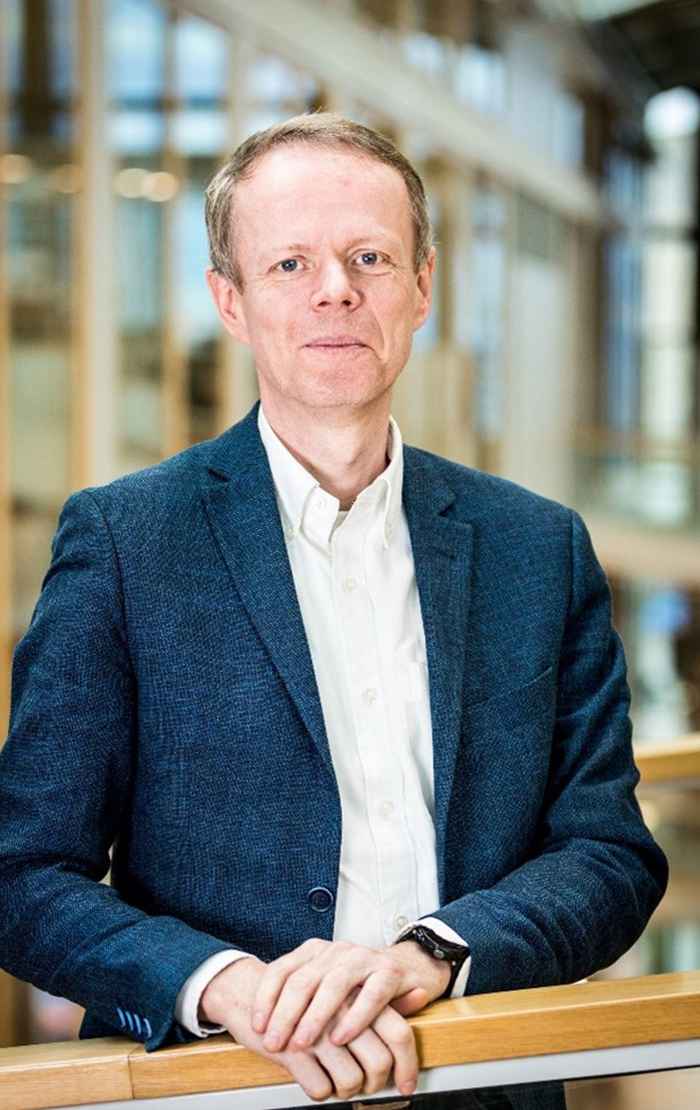Speakers
Amcel Symposium 2023
The invited speakers are renowned representatives of their area of expertise and will definitely inspire our attendees.
-
Moniek Tromp - University of Groningen
Operando X-ray Absorption Spectroscopy probing Dynamic Processes in Batteries – The Quest for Sustainable and Circular Battery Technologies
An important element in the reduction of CO2 is the change of vehicles with internal combustion engines to electric battery powered vehicles. The as such produced renewable energy can be used for individual mobility as well as for a temporary intermediate storage of excess energy. A viable electric mobility concept requires however stable cycle batteries with high specific energy (minimising weight, maximising driving range).
Li ion batteries are widely used in applications such as mobile phones and laptops, and will likely be key to future electromobility. Alternative, more sustainable batteries are essential to enable the significant increase in demand as well as their differing applications and requirements, while reducing pressure on climate and environment.
Rational design of novel battery chemistries and technologies requires a detailed understanding of the charge, discharge and deactivation mechanisms, preferably quantitative and spatially resolved. X-ray absorption spectroscopy (XAS) is a characterisation technique which provides detailed electronic and structural information on the material under investigation, in a time- and spatially resolved manner. X-ray Absorption Spectroscopy (XAS) allow these spectro-electroechemical investigations [1], providing insights in the type, location and reversibility of the intermediates formed in and on electrodes and electrolyte separately. Obtained insights in cycling and deactiviation mechanisms for different battery types will be discussed [1-6] and future research directions towards more stable and sustainable batteries described.
[1] Y. Gorlin, A. Siebel, M. Piana, T. Huthwelker, H. Jha, G. Monsch, F. Kraus, H.A. Gasteiger, M. Tromp, J. Electrochem. Soc. 162(7): A1146-A1155, 2015.
[2] Y. Gorlin, M. U. M. Patel, A. Freiberg, Q. He, M. Piana, M. Tromp, H. A. Gasteiger, J. Electrochem. Soc. 2016, 163(6), A930-A939.
[3] J. Wandt, A. Freiberg, R. Thomas, Y. Gorlin, A. Siebel, R. Jung, H. A. Gasteiger, M. Tromp, J. Mater. Chem. A 2016, 4, 18300-18305.
[4] A. T. S. Freiberg, A. Siebel, A. Berger, S. M. Webb, Y. Gorlin, H. A. Gasteiger, M. Tromp, J. Phys. Chem. C 2018, 122, 10, 5303-5316.
[5] A. Berger, A. T. S. Freiberg, R. J. Thomas, M. U. M. Patel, M. Tromp, H. Gasteiger, Y. Gorlin, J. Electrochem. Soc. 2018, 165(7), A1288-A1296.
[6] R. Jung, F. Linsenmann, R. J. Thomas, J. Wandt, S. Solchenbach, F. Maglia, C. Stinner, H. A. Gasteiger, M. Tromp, J. Electrochem. Soc. 2019, 166(2): A378-A389. -
Andrew Akbashev - Paul Scherrer Institute, Switzerland
Fundamental Research, Academic Culture and Education in Electrochemistry
Electrochemistry represents one of the most complicated topics in science that nonetheless attracts thousands of researchers, generates hundreds of papers per day and enables technologies that are critical for everyday life. However, due to the pressure of metrics-oriented goals and ranking-focused academic culture, there is a lack of thoroughness and depth required for advancement of such a complicated field. In my talk, I will discuss how fundamental research, academic culture and education are all interrelated and serve as essential components for advancing the fields of electrochemistry and electrocatalysis.
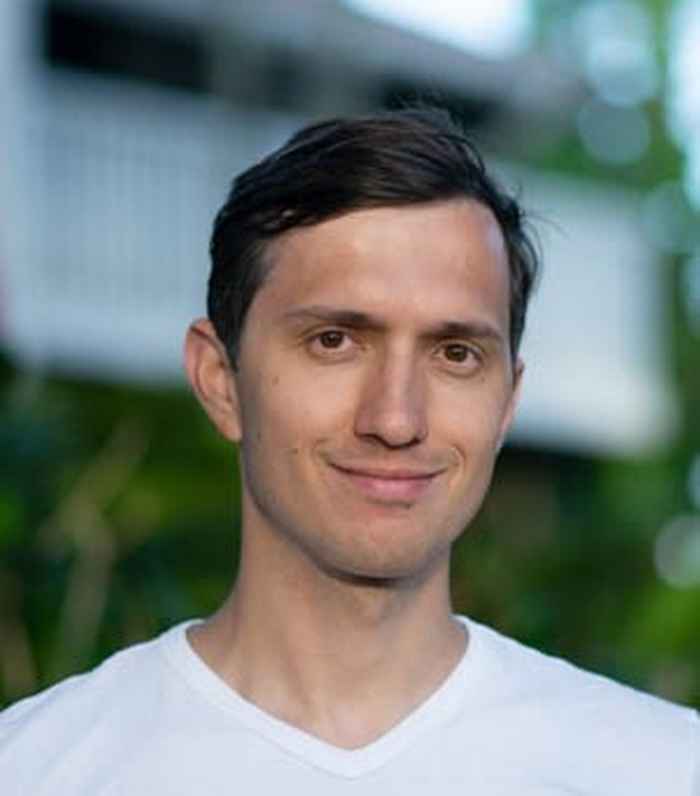
andrei.akbasheu@psi.ch -
Annelie Jongerius - Avantium, Amsterdam
Development upscaling of an electrochemical technology for the conversion of CO2
Electrochemistry will play an important role in the transition to renewable alternatives as a source for chemicals and materials production. In the development of electrochemical processes for industrial application, the design and scale-up of the electrochemical reactor is very important.
Avantium has been using its knowledge and technology on catalyst research to develop an integrated electrochemical process for the production of chemicals from CO2. We work on the development of continuous processes with high degrees of automation, control and real-time data monitoring. Scale up in electrochemical reactors is achieved by using multiple cells or as commonly known a stack configuration. By participating in several European consortia we are able to collaborate on the integration of tandem electrolysis and the scaling up of our CO2 reduction technology and in this talk I will share some examples of the successful projects we have worked on in the past years.
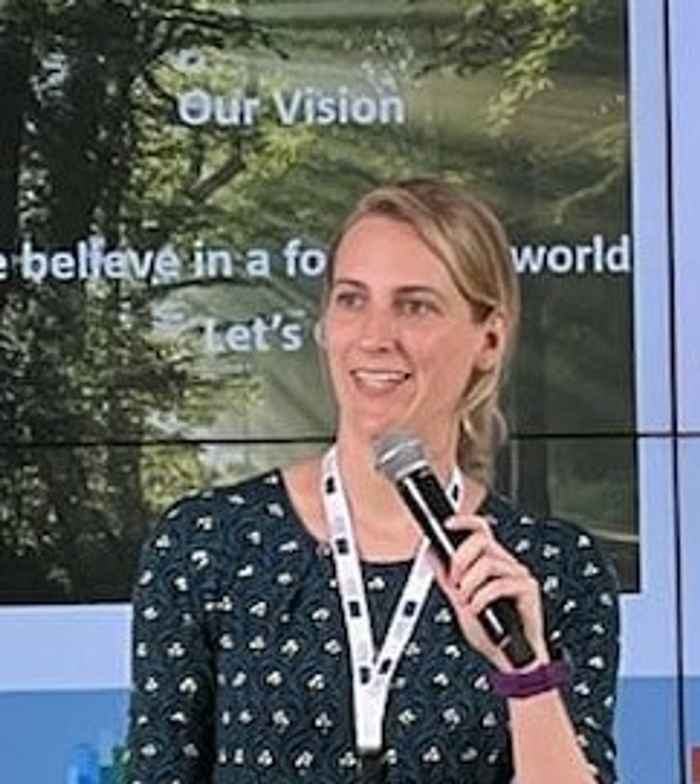
-
Peter Ngene - University of Utrecht
Tuning CO2 electroreduction on metals using structural and electronic effects.
Electrochemical reduction of CO2 in water is an attractive approach to close the carbon cycle and mitigate the environmental effects of CO2 emission. A major challenge for this process is low selectivity towards the desired products, especially due to the competing hydrogen evolution reaction. Our research is focused on the use of structural and electronic effects to boost the activity and tune the selectivity of electrocatalysts. In this talk, I will use selected examples from Zn, Cu and Ag to discuss our recent findings on the effects of structural and/or electronic modifications on the activity, selectivity and stability of electrocatalysts during CO2RR.
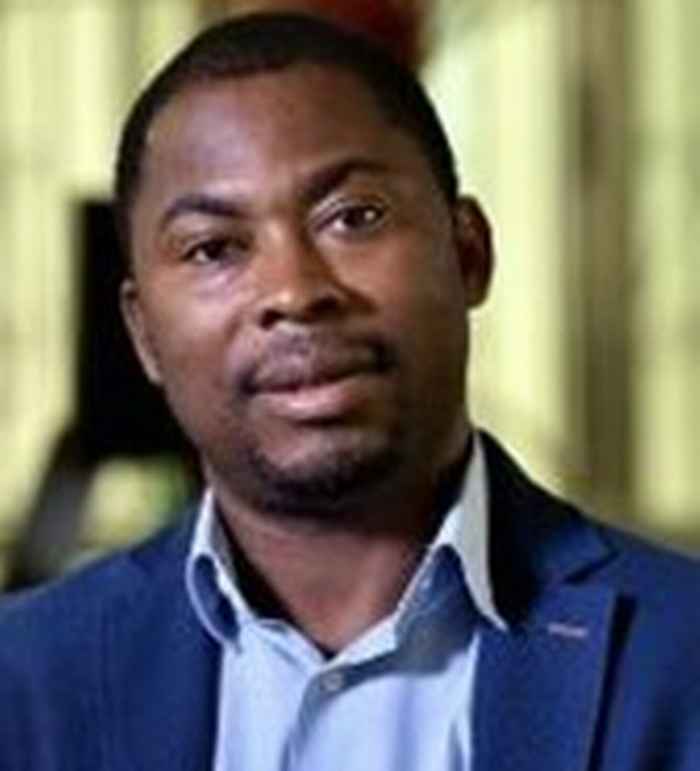
-
Beatriz Roldan Cuenya - Fritz Haber Institute, Berlin
Beyond Static Models: Dynamics in Interfacial Catalysis
Climate change concerns have spurred a growing interest in developing environmentally friendly technologies for energy generation, including green H2 production from water splitting. Moreover, concerted attempts are also being made to re-utilize CO2 by electrocatalytically converting (CO2RR) it into value-added chemicals and fuels, offering the possibility to store renewable energy into chemical bonds.
I will provide new insights into the CO2RR as well as the oxygen evolution reaction using operando characterization methods and model pre-catalysts [e.g. (Zn)-Cu2O cubes, CoOx nanoparticles]. Emphasis will be given to the understanding of the active state formation and the correlation between the dynamically evolving structure and composition of the electrocatalysts under reaction conditions and their activity, selectivity and durability.
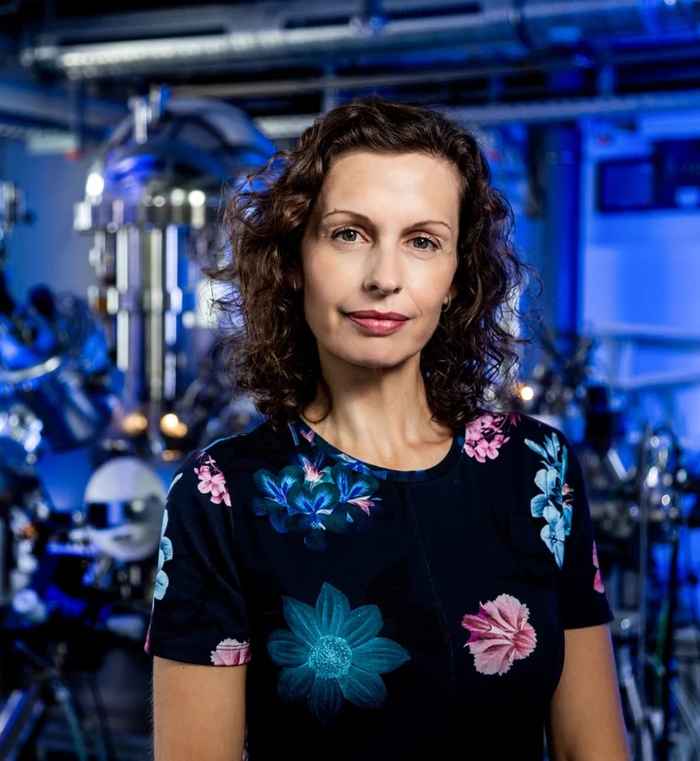
Photo: FHI / Amin Akhtar -
Sebastian Beil - University of Groningen
Electroorganic Oxidation – From Polycyclic Aromatic Hydrocarbons to Glycosides
The electrosynthetic transformation of organic molecules into more valuable products is of academic and industrial relevance. In this research we are focusing on the dehydrogenative (oxidative) coupling reaction of electron-rich arenes. Metal-based electrode materials like nickel and molybdenum were superior to costly and mechanically fragile alternatives (e.g., platinum or BDD). Large and condensed aromatic hydrocarbons were obtained in high yields. Additionally, the C3 selective oxidation of sugars was achieved in a mediated electrolysis and partly protected glycosides were obtained in good yields. Quinuclidine was crucial for the high C3 selectivity.
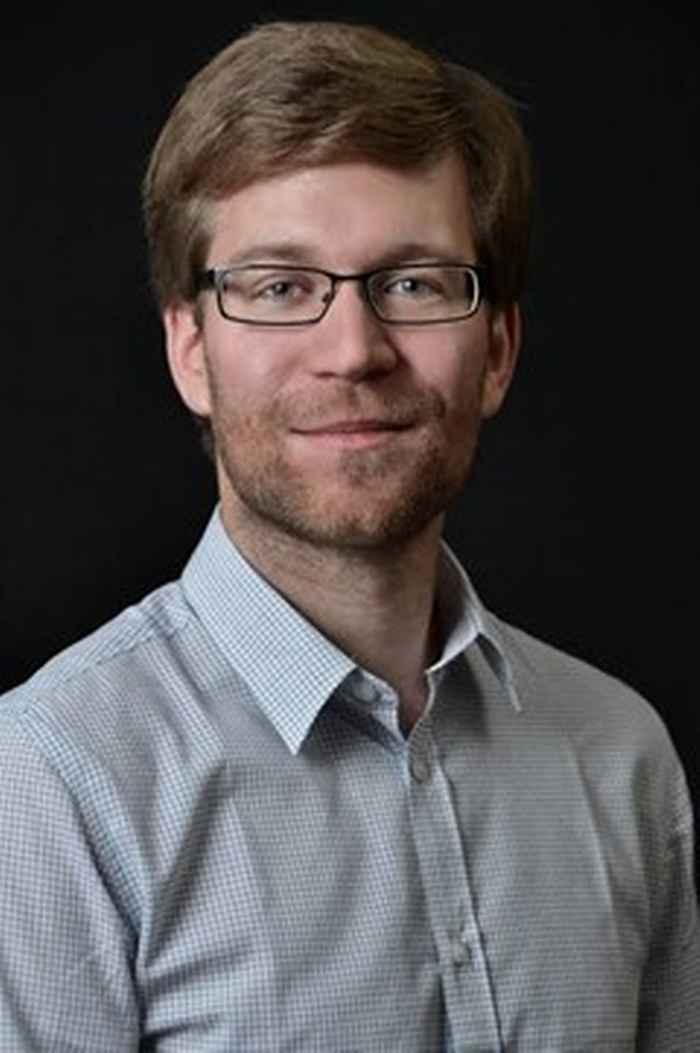
s.b.beil@rug.nl -
Marc Koper - Leiden University
Information will follow soon.
-
Jan Jaap Aué - Hanze University of Applied Sciences, Groningen
Human Capital for Hydrogen
The energy transition is one of the big societal challenges of this era.
It’s a challenge with a lot of ‘wicked problems’ that have to be solved. One of the big questions that arises is who is going to execute the transition ? What labourforce will be needed to make the transition happen?
Hydrogen is an rising star within the energy transition, as an energy carrier, sustainable feedstock or storage medium and will be part of the future energy system, meaning that hydrogen will find its way to other applications and sectors than traditionally have been the case. In this panel discussion we will explore the Human Capital issues of Hydrogen and discuss how to avoid human capital becoming the biggest bottleneck in the energy transitionDr. Ir. Jan-jaap Aué is professor of Hydrogen Applications at Hanze University of Applied Sciences and director of EnTranCe, Centre of Expertise Energy.
He is regional liaison Human Capital Groenvermogen in the northern Netherlands en ECCM committee member.